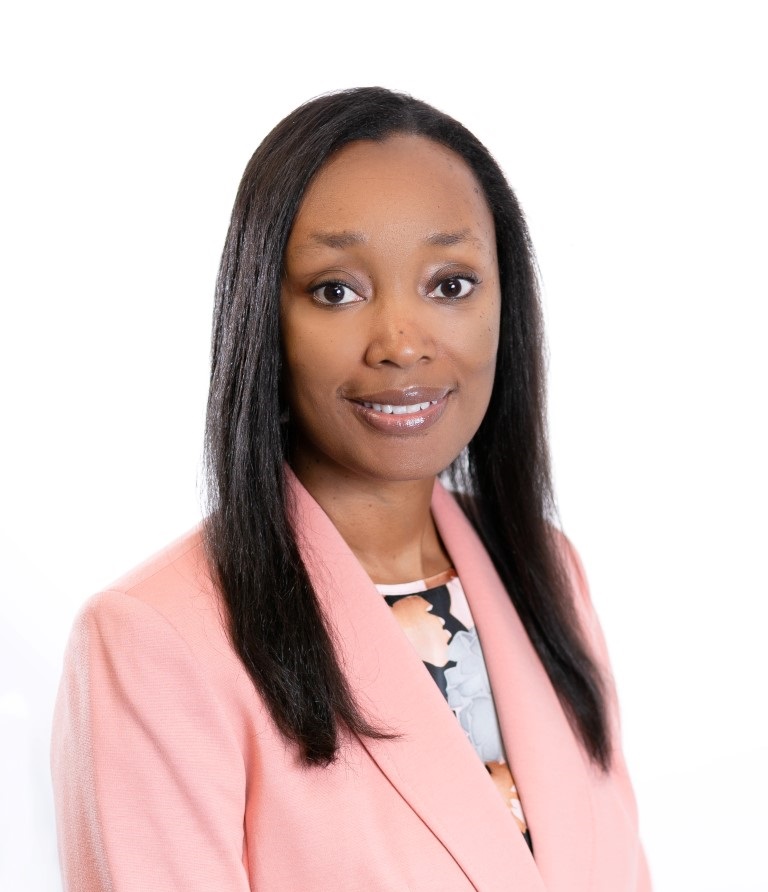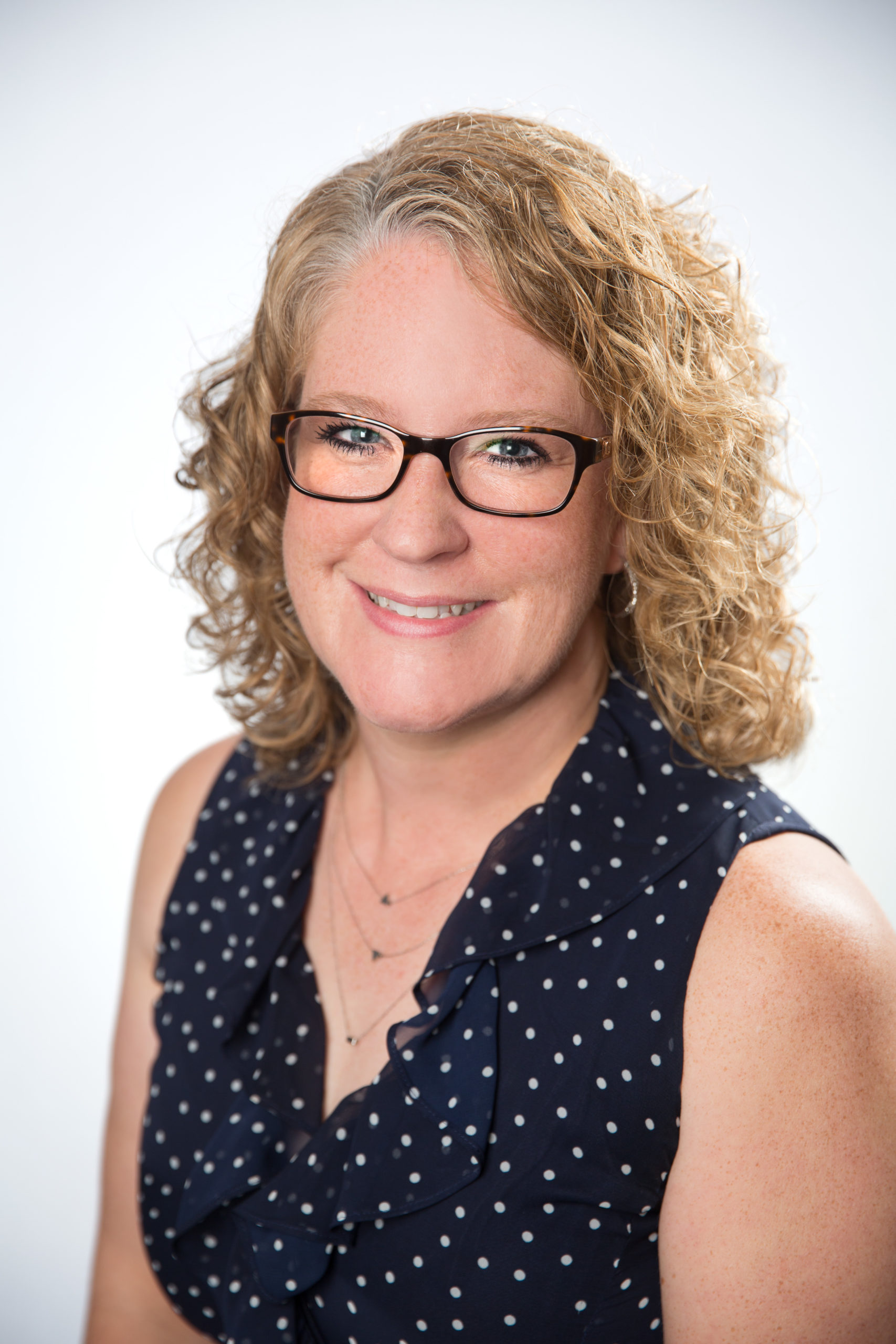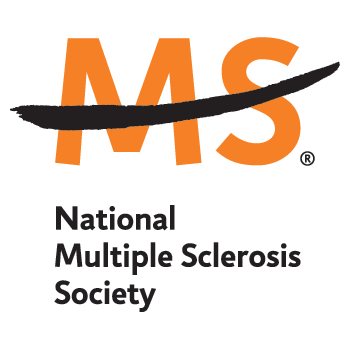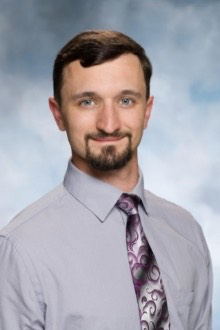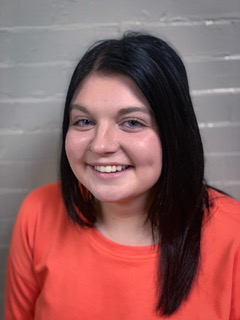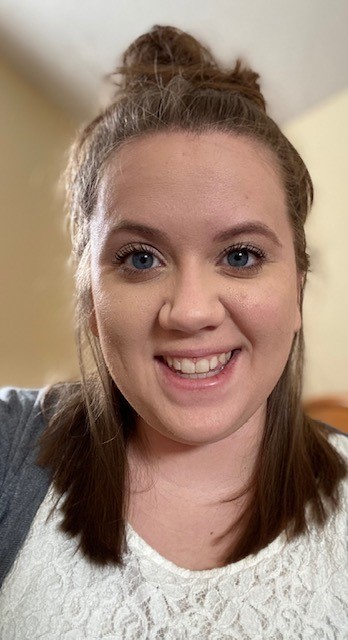Speaker(s):
Heather Allen, BSW
Bianca Farr, MSW, LCSW, MARS
Presentation:
|
This presentation focuses on three core concepts: (1) Special Needs Trusts (2) ABLE accounts and (3) a comparison between the two. Midwest Special Needs Trust (MSNT) will define both Special Needs Trusts and ABLE accounts and discuss how these valuable financial planning tools benefit individuals living with a disability. Additionally, MSNT will explain parameters – like eligibility requirements – and give audience members a basic framework to understand who may benefit from a consultation about either, or both, service(s).
Because MSNT is a pooled trust, MSNT will describe its charitable mission and give information about who may benefit from its program. Lastly, MSNT will, time allowing, take questions from the audience relating to the presentation.
|
Objectives:
- Define Special Needs Trusts and ABLE accounts and understand their benefits
- Identify who in their care may benefit from a Special Needs Trust or ABLE Account
- Utilize the knowledge gained to refer constituents to appropriate parties for consultation on their unique circumstances
Slides and Handouts:
ALLEN_HEATHER_Spring Training Presentation 2021 FINAL


